
Read or listen offline
Recommendation
“It’s the economy, stupid!” As strategic leader of Bill Clinton’s first presidential campaign, James Carville coined this notorious slogan, which contains some truth about presidential politics that continues to hold: Americans care deeply about the economy and will likely choose the candidate who – they think – will create more jobs and prosperity. But how much power over the economy does a president actually have? Forces beyond the president’s control largely determine the economic trajectory during any four-year period, argues economics writer Neil Irwin in The New York Times. getAbstract recommends Irwin’s editorial to anybody interested in moving beyond political rhetoric and looking at the factors that actually make the economy tick.
Summary
About the Author
Neil Irwin is a senior economics correspondent for The New York Times. He is the author of The Alchemists: Three Central Bankers and a World on Fire.








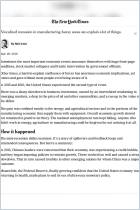
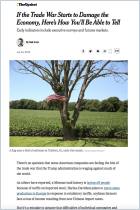

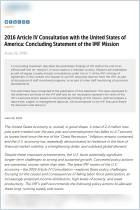
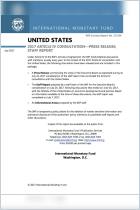

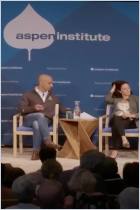
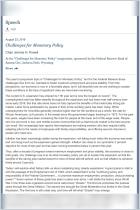
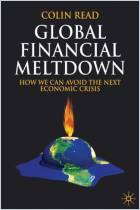


Comment on this summary or Start Discussion